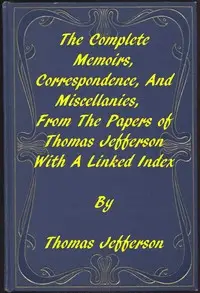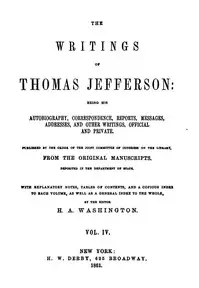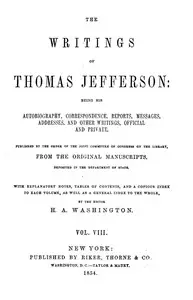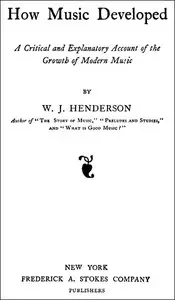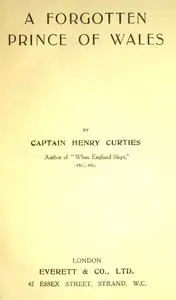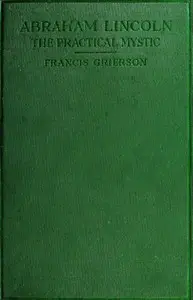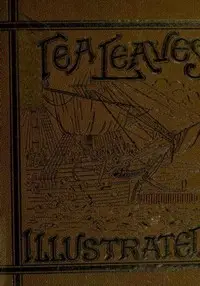"The Writings of Thomas Jefferson, Vol. 5 (of 9)" by Thomas Jefferson is a historical account compiled from the original manuscripts and writings of one of America's Founding Fathers, probably written in the mid-19th century. This collection contains Jefferson's autobiography, correspondence, official messages, and other writings, reflecting his thoughts and ideas during his lifetime, particularly after he returned to the United States following his diplomatic service in Europe. At the start of this volume, the focus is on correspondence penned by Jefferson, offering insights into his political maneuvers and concerns regarding foreign relations, particularly with Spain and internal matters related to governance. Notably, he discusses a potential special mission to Europe and provides commentary on various political figures, such as General Armstrong and Mr. Bowdoin. Jefferson expresses confidence in the legislative body while also addressing challenges posed by political opponents, illustrating the complexity of American politics in that era. This opening sets the tone for a detailed exploration of Jefferson's political philosophy and the socio-political climate of the early 19th century. (This is an automatically generated summary.)
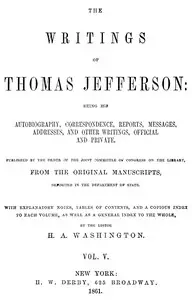
The Writings of Thomas Jefferson, Vol. 5 (of 9) Being His Autobiography, Correspondence, Reports, Messages, Addresses, and Other Writings, Official and Private
By Thomas Jefferson
"The Writings of Thomas Jefferson, Vol. 5 (of 9)" by Thomas Jefferson is a historical account compiled from the original manuscripts and writings of o...
Thomas Jefferson was an American statesman, planter, diplomat, lawyer, architect, philosopher, and Founding Father who served as the third president of the United States from 1801 to 1809. He was the primary author of the Declaration of Independence. Following the American Revolutionary War and before becoming president in 1801, Jefferson was the nation's first U.S. secretary of state under George Washington and then the nation's second vice president under John Adams. Jefferson was a leading proponent of democracy, republicanism, and natural rights, and he produced formative documents and decisions at the state, national, and international levels.

